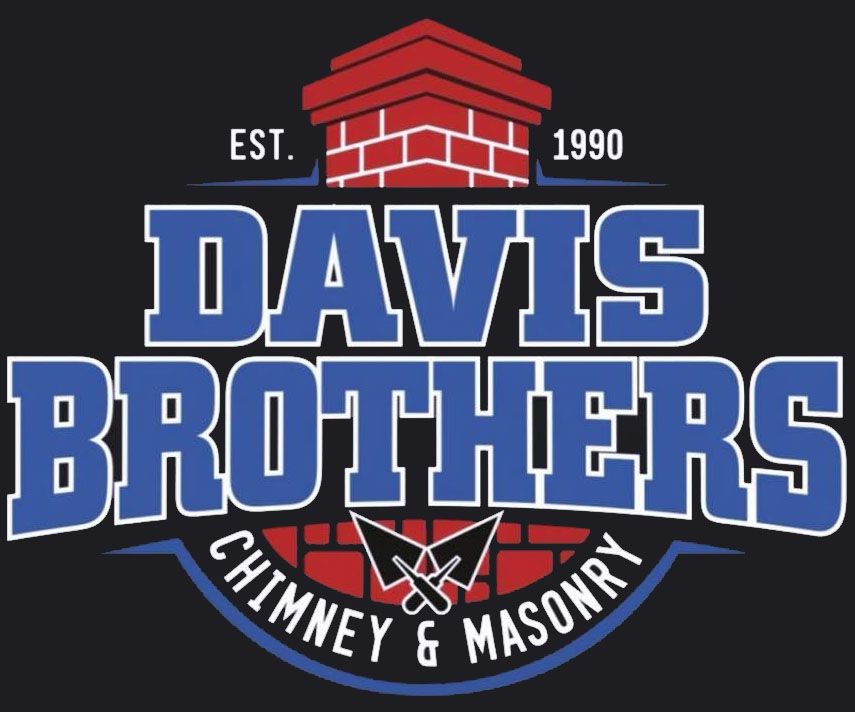Quality Chimney Inspections
Request Service
Hero Request Form
Expert Chimney Inspections by Davis Brothers Chimney Sweep and Masonry
At Davis Brothers Chimney Sweep and Masonry, we understand the importance of a safe and efficient chimney. Serving South Jersey to the Jersey Shore, we offer comprehensive chimney inspections to keep your home secure and your fireplace functioning at its best. Our certified experts carry out thorough evaluations, detecting any potential hazards and ensuring your peace of mind.
Our services include:
- Comprehensive chimney assessments
- Annual safety inspections
- Pre-sale property inspections
- Fire hazard prevention
- Certified expert evaluations
- Inspection of key components
Contact us today for your chimney inspection needs.
Why You Need a Chimney Inspection
Regular chimney inspections are crucial for maintaining the safety and efficiency of your home. Our detailed assessments help identify potential issues that can lead to costly repairs if left unattended.
Here’s why you should consider our services:
- Moisture and structural damage detection
- Expert evaluations
- Checking the chimney crown, cap, flue liner, and masonry for damage
Reach out to us to schedule your inspection and ensure your chimney is in top condition.
Benefits of Choosing Davis Brothers Chimney Sweep and Masonry
When it comes to chimney inspections, you want a trusted, experienced, and reliable team.
Here’s what sets us apart:
- Five generations of expertise
- Family and locally-owned and operated
- Free estimates
- 24-hour emergency services
- Fully licensed and insured
- Award-winning service
- Over 50 years of experience
- Warranties available
- Military discounts
Contact us today to experience our exceptional service and expertise.
Contact Us
Are you ready to ensure the safety and efficiency of your chimney? Get in touch with Davis Brothers Chimney Sweep and Masonry today. Our team is here to provide you with the best service and peace of mind.

Share On: